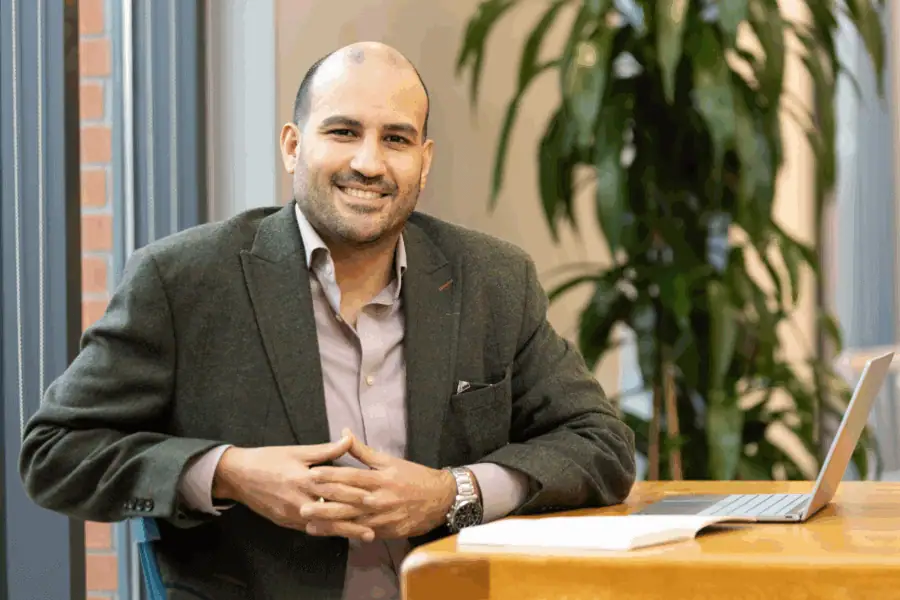Insights
Explore our articles where we share technical advice, ForrestBrown news, and highlight exciting innovation in a range of sectors.
Show me:
-

Patent registration and commercialisation – your questions answered
-

How UK firms can tap into the £400m UK Defence Innovation Fund
-
Visit our KnowledgeBank for answers to commonly asked R&D tax credit questions.
-

What to look for in a capital allowances adviser
-

How ForrestBrown helps clients maximise their business location strategy
-

Never miss a deadline with ForrestBrown’s new R&D tax relief deadline tool
-
Unleash the transformative power of R&D tax incentives and ensure you’re getting the reward you deserve for your R&D investment.
-

HMRC’s revised R&D guidance: the end of a long and winding road?
-

From fledgling incentive to flagship policy – 25 years of R&D tax relief



